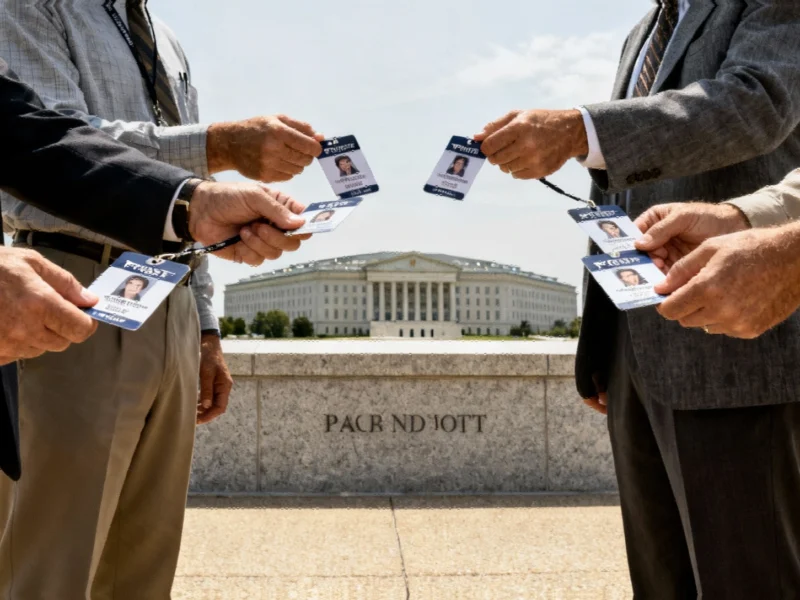Political Pressure Mounts on UK Government Regarding China Relations
Senior Conservative MPs Alicia Kearns and Tom Tugendhat have intensified pressure on Prime Minister Keir Starmer regarding China’s proposed “mega” embassy in London, citing serious national security concerns. The two parliamentarians, who claim to have been targeted by Chinese operatives, have publicly urged the government to block the diplomatic compound plans and implement stricter measures against Beijing’s influence operations.
The political confrontation comes amid growing scrutiny of the UK’s China policy, particularly after the Crown Prosecution Service unexpectedly dropped espionage charges against two researchers linked to China-related activities. The case’s collapse has raised questions about the government’s commitment to addressing foreign interference threats while maintaining economic ties with Beijing.
Security Concerns Behind Embassy Opposition
Kearns and Tugendhat, both with significant national security backgrounds, have specifically called for China’s placement in the enhanced tier of the Foreign Influence Registration Scheme (FIRS) and sanctions against Chinese officials allegedly involved in espionage activities. Their demands reflect broader industry developments in security policy and international relations management.
The proposed Chinese embassy, planned for construction near London’s financial district, would become the largest diplomatic facility of its kind in Europe. Security experts have expressed concerns that the complex could potentially serve as a base for surveillance operations, especially since Chinese authorities have redacted portions of the building plans submitted for approval.
Legal Controversy Complicates Diplomatic Relations
The situation intensified when the CPS abandoned cases against Christopher Cash, former director of the China Research Group, and researcher Christopher Berry, both accused of spying for China. Government sources revealed the case collapsed after authorities declined to provide evidence classifying China as a national security threat, highlighting the complex balance between security priorities and diplomatic considerations.
This legal development has created significant challenges for the Starmer government, which faces accusations of being soft on China while simultaneously seeking to strengthen trade relationships. The administration’s approach to managing these competing priorities will likely define UK-China relations for years to come.
Economic Considerations Versus Security Imperatives
The diplomatic standoff occurs as the UK government seeks greater foreign investment to boost economic growth, creating tension between security concerns and economic pragmatism. Ministers recently delayed their decision on China’s embassy application until December 10, prompting Beijing to warn of “consequences” for further postponements.
This delicate balancing act reflects broader market trends in international diplomacy, where economic interests increasingly intersect with security considerations. The government’s current placement of China in FIRS’s second tier, rather than the enhanced category alongside Russia and Iran, demonstrates the ongoing calibration of its China strategy.
Broader Implications for International Relations
The embassy controversy represents a significant flashpoint in UK-China relations, complicating Starmer’s efforts to reset the relationship after tensions during previous Conservative governments. The situation mirrors related innovations in diplomatic security protocols worldwide as nations grapple with modern espionage threats.
Recent revelations that suspect Christopher Berry allegedly met with Cai Qi, a close associate of Chinese President Xi Jinping, have further fueled security concerns. These developments underscore the evolving nature of digital resilience and security in international relations.
Strategic Considerations Moving Forward
The UK government faces critical decisions that will shape its China policy for the foreseeable future. The competing demands of national security, diplomatic relations, and economic interests require careful navigation, particularly as strategic shifts in global power dynamics continue to evolve.
Security experts note that the outcome of this diplomatic confrontation could influence how other Western nations approach similar challenges with China. The situation demonstrates the complex interplay between strategic acquisitions in various sectors and national security considerations.
Technological and Security Dimensions
The embassy controversy coincides with important recent technology advancements in security monitoring and diplomatic protection measures. As nations increasingly focus on protecting sensitive information, the physical and digital security of diplomatic compounds has become paramount.
These developments parallel strategic funding initiatives in security technology sectors worldwide, reflecting growing investment in protective systems and monitoring capabilities.
Future Outlook and Potential Resolutions
As the December 10 decision deadline approaches, the Starmer government must weigh multiple factors in determining its course of action. The resolution of this standoff will likely influence broader international approaches to Chinese diplomatic expansion and provide insights into strategic pivots in foreign policy formulation.
The situation also highlights the importance of security support systems in maintaining national security infrastructure, particularly as technological capabilities continue to advance rapidly.
The ongoing diplomatic tension between the UK and China represents a critical test for the Starmer government’s ability to balance competing priorities while maintaining national security standards. The outcome will likely have significant implications for international relations and security protocols worldwide.
This article aggregates information from publicly available sources. All trademarks and copyrights belong to their respective owners.
Note: Featured image is for illustrative purposes only and does not represent any specific product, service, or entity mentioned in this article.



